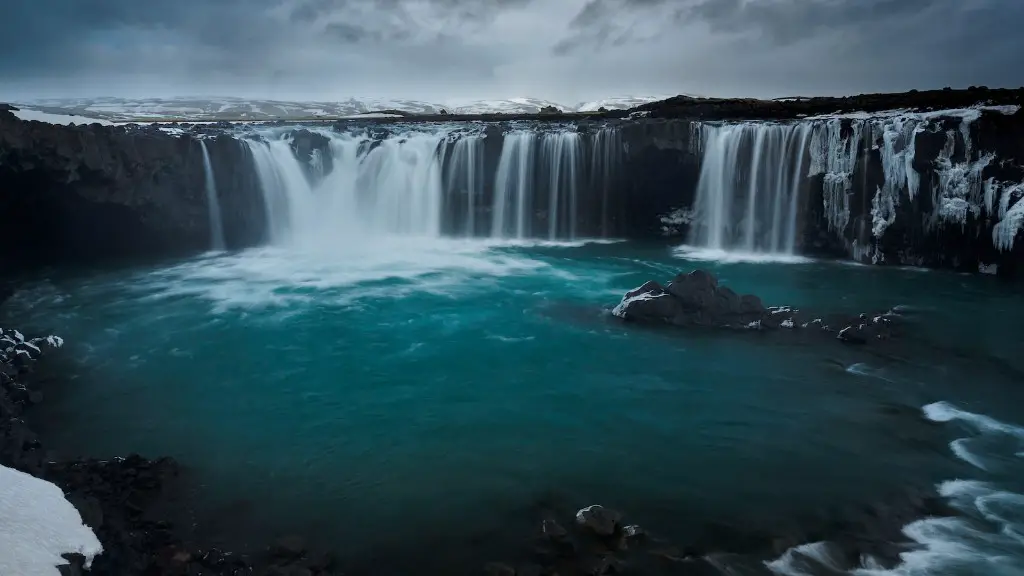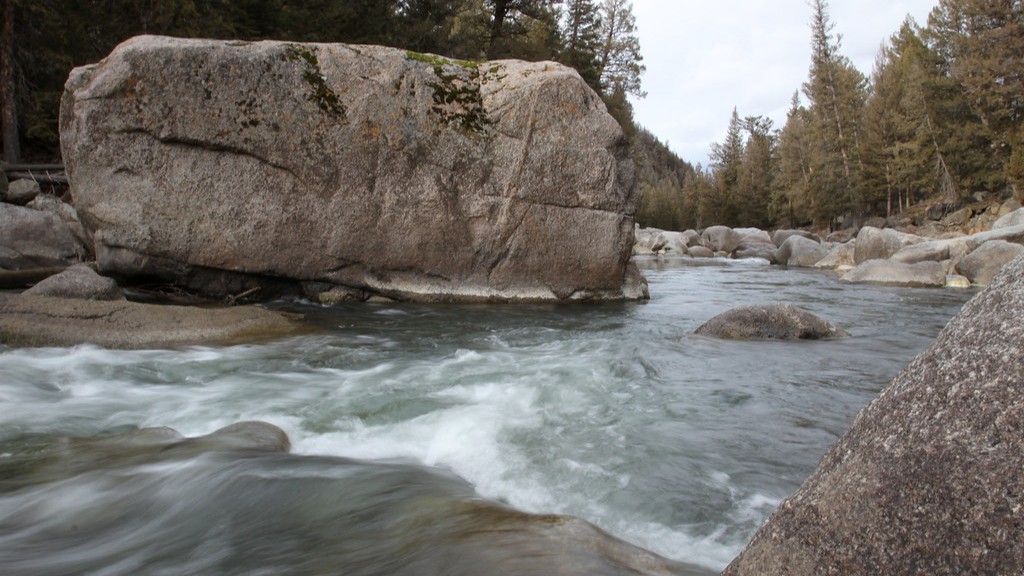Introduction
The Mississippi River is the second longest river in North America and the fourth longest in the world. It is a major source of fresh water in the US and Canada and is of great economic and ecological importance. However, it is becoming increasingly polluted by heavy metals such as lead, mercury, and copper, which can potentially cause serious health effects. In this article, we will explore in-depth the impact of heavy metals on the Mississippi River, and discuss how the effects of heavy metal pollution can be mitigated.
Background Information
Heavy metals are toxic to all forms of life, and can bioaccumulate through the food chain. In some cases, exposure to unsafe levels of heavy metals can have lasting and irreversible health effects. One way that heavy metals can enter the environment is through industrial and agricultural runoff. In the Mississippi River, many of the heavy metals originate from agricultural runoff from agricultural land. Human sources also account for a large portion of the heavy metals, as runoff from cities and towns entering the river can increase the heavy metals content.
Monitoring Heavy Metals
In order to monitor the levels of heavy metals in the Mississippi River, multiple methods are employed. These include measuring concentrations of dissolved metals in water samples, sediment and soil core samples, and direct testing of the river water quality. In-depth analysis of these data sets can help to identify sources of pollution and trends in pollution over time. The US Environmental Protection Agency (EPA) holds regular monitoring programs of the Mississippi River in order to gauge the levels of pollutants.
Effects of Heavy Metals
As heavy metals are toxic, it is important to understand how they affect the river and the species living in it. In some cases, the heavy metals can be fatal to the organisms living in the river. For instance, high levels of lead can be particularly harmful to fish, as it can damage their neurological systems and lead to death. Additionally, the heavy metals can cause environmental damage, such as algae blooms and eutrophication.
Health Effects of Heavy Metals
Heavy metals can have dangerous impacts on human health. Ingesting contaminated foods, drinking contaminated water, and breathing in polluted air are all potential pathways for humans to be exposed to heavy metals. Mercury is particularly concerning, as it can accumulate in the food chain and eventually contaminate fish and seafood, leading to health risks for human consumers. Additionally, long-term exposure to lead can cause various health problems such as damage to the nervous system and cognitive impairments in children.
Mitigating the Effects of Heavy Metals
There are a variety of methods which can be employed to mitigate the effects that heavy metals have on the Mississippi River and the people living near it. To start with, policies can be put in place which limit the amount of heavy metals that industries and agricultural activities can put into the river.Furthermore, improving wastewater treatment could help to reduce the amount of heavy metals entering the river. Additionally, biological methods, such as using bacteria to break down heavy metals, can be used to reduce the levels of heavy metals present in the Mississippi River.
Conclusion
In conclusion, it is clear that heavy metals have had a significant impact on the Mississippi River, and that the effects of heavy metal pollution can be detrimental to both the river and its inhabitants. In order to protect the river and the people living near it, it is essential to reduce the amount of heavy metals entering the river. In doing so, the health effects on humans can be mitigated, and the ecosystems of the river can be restored.

